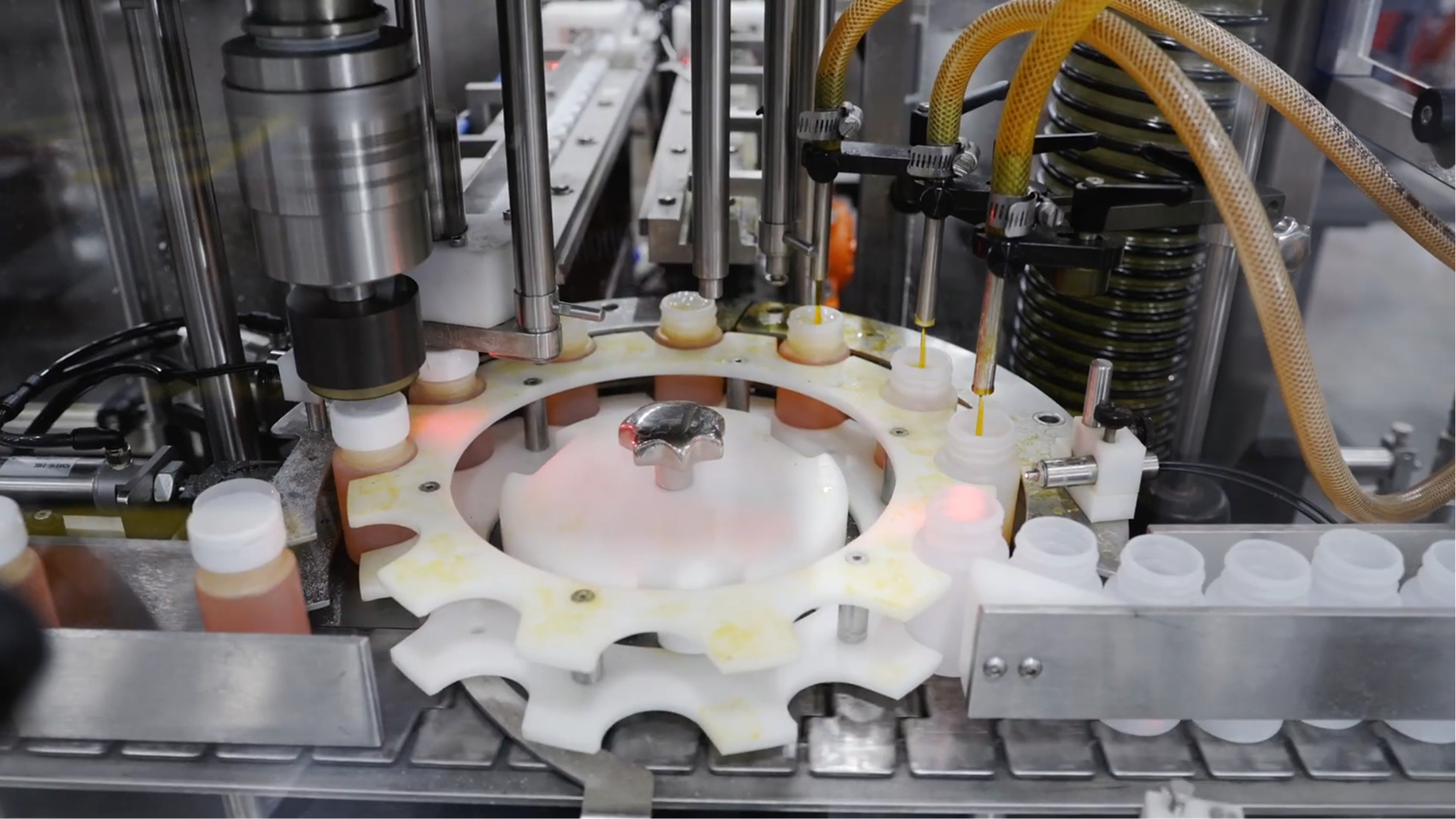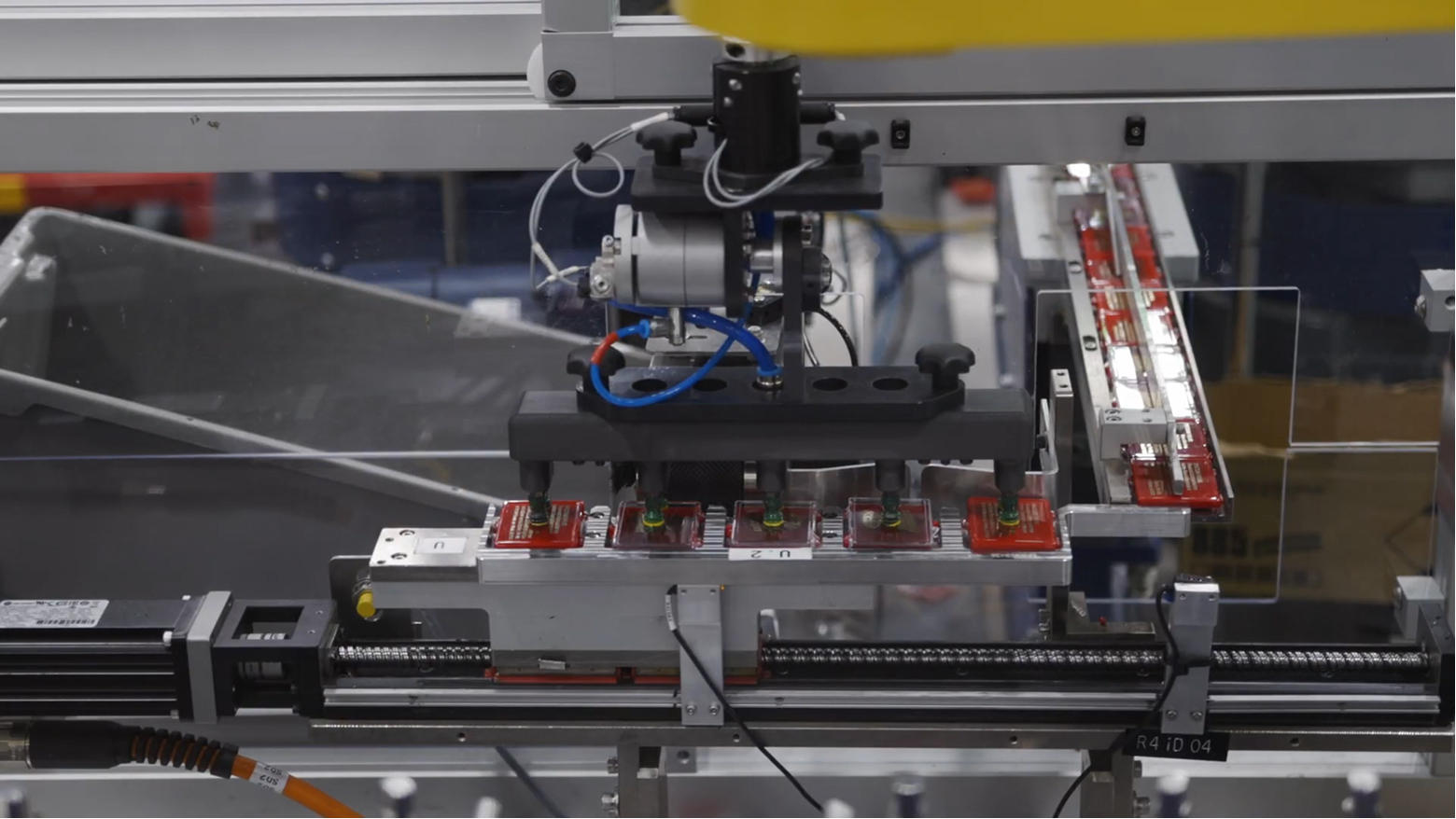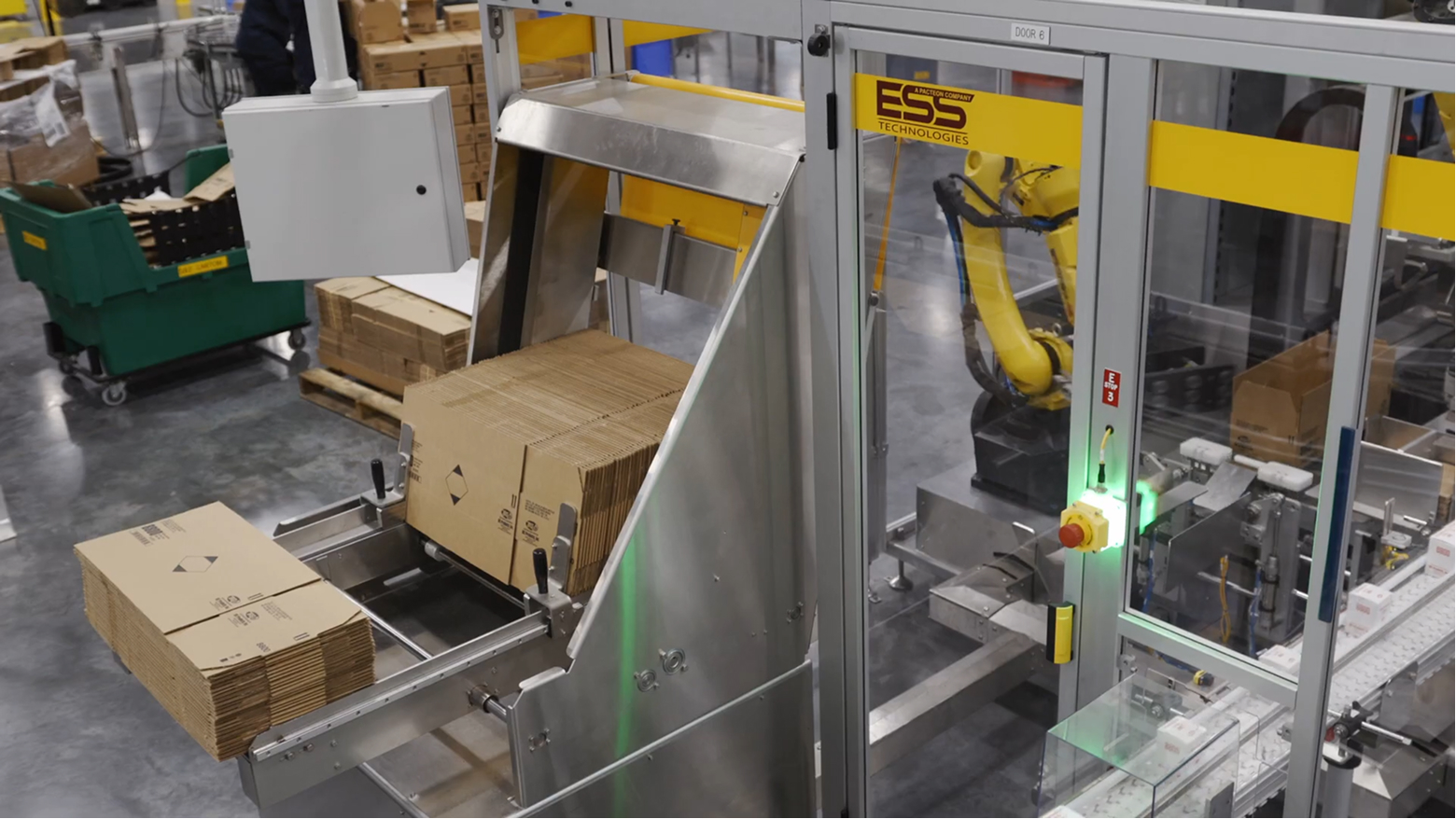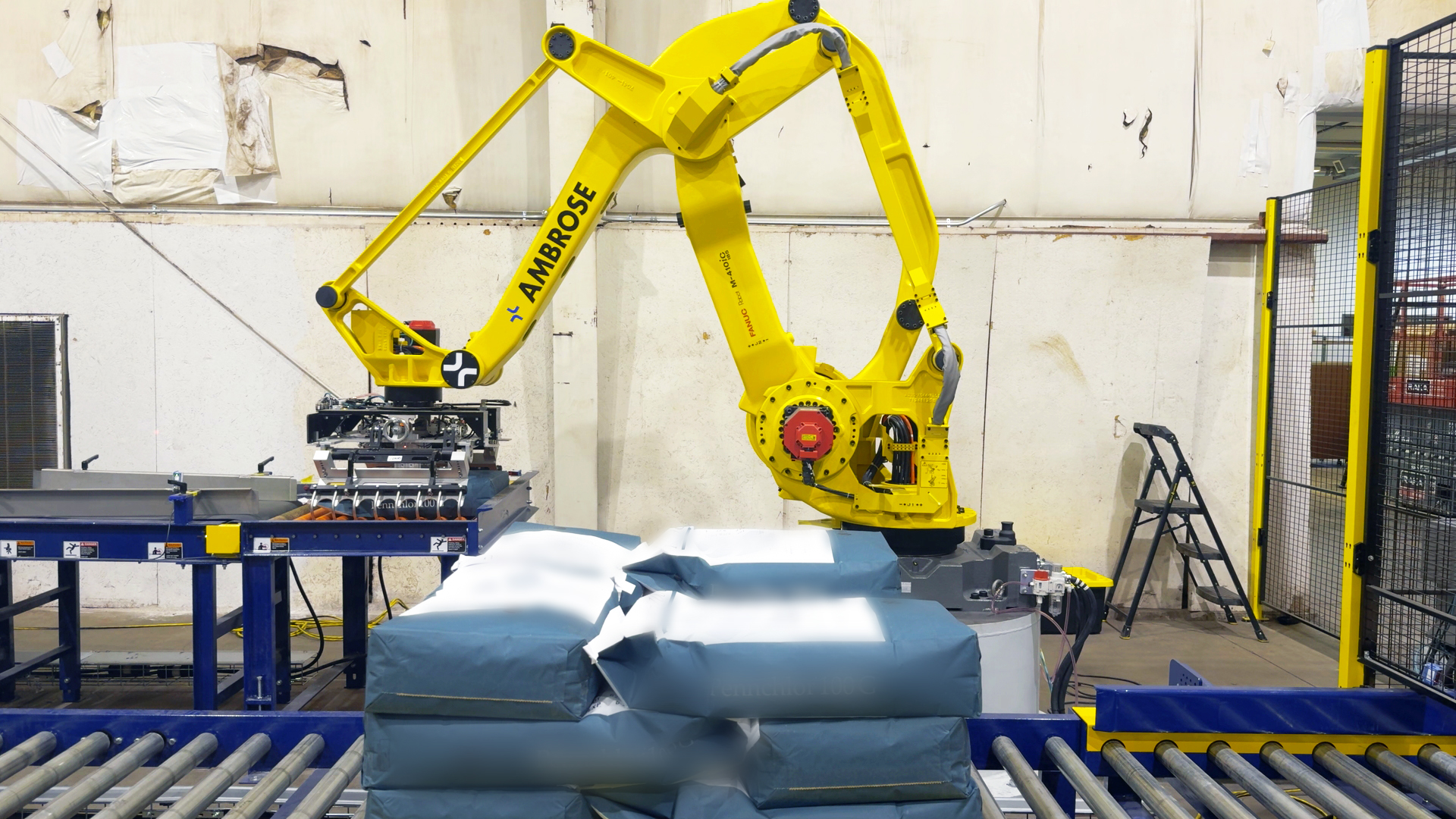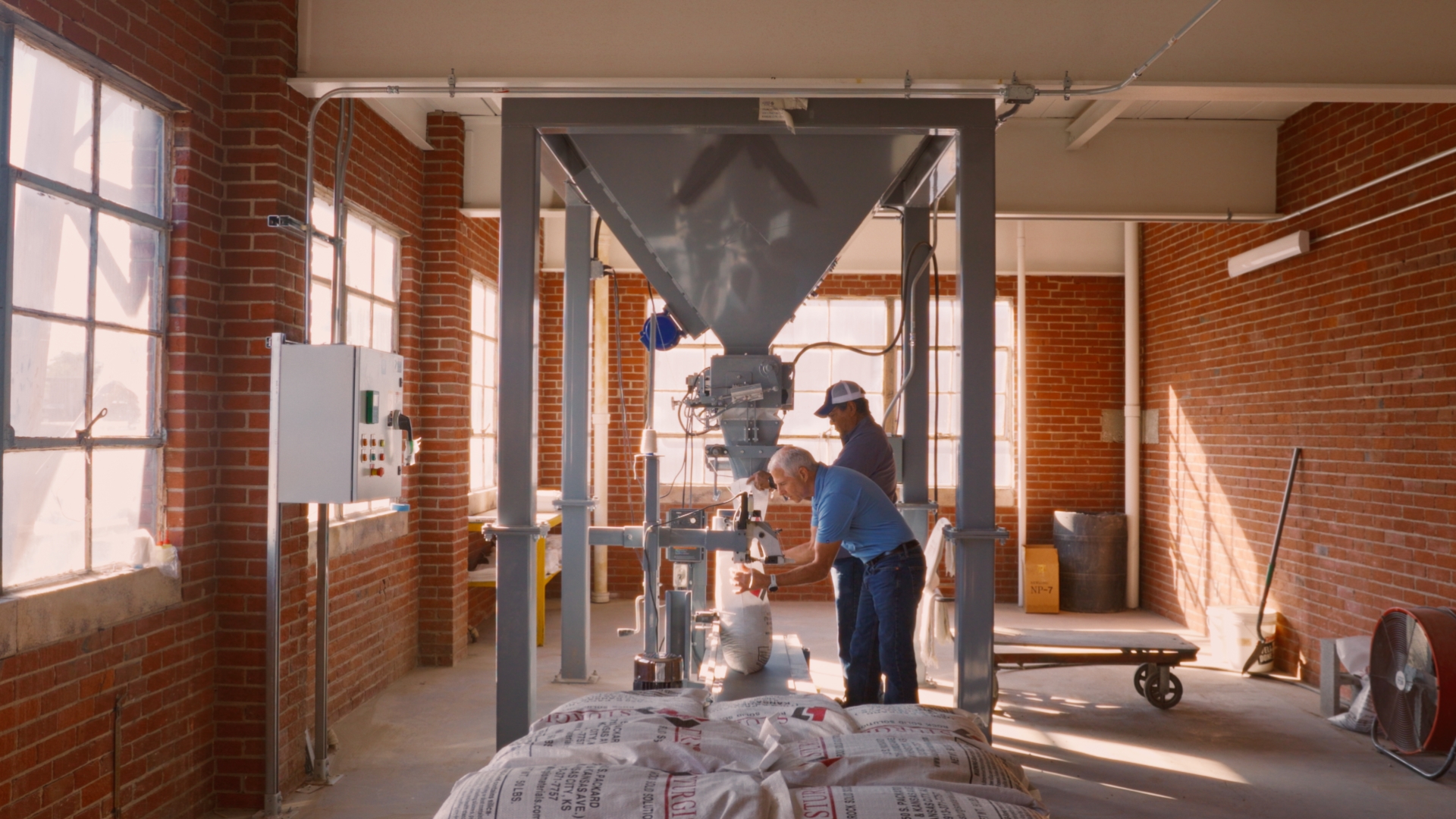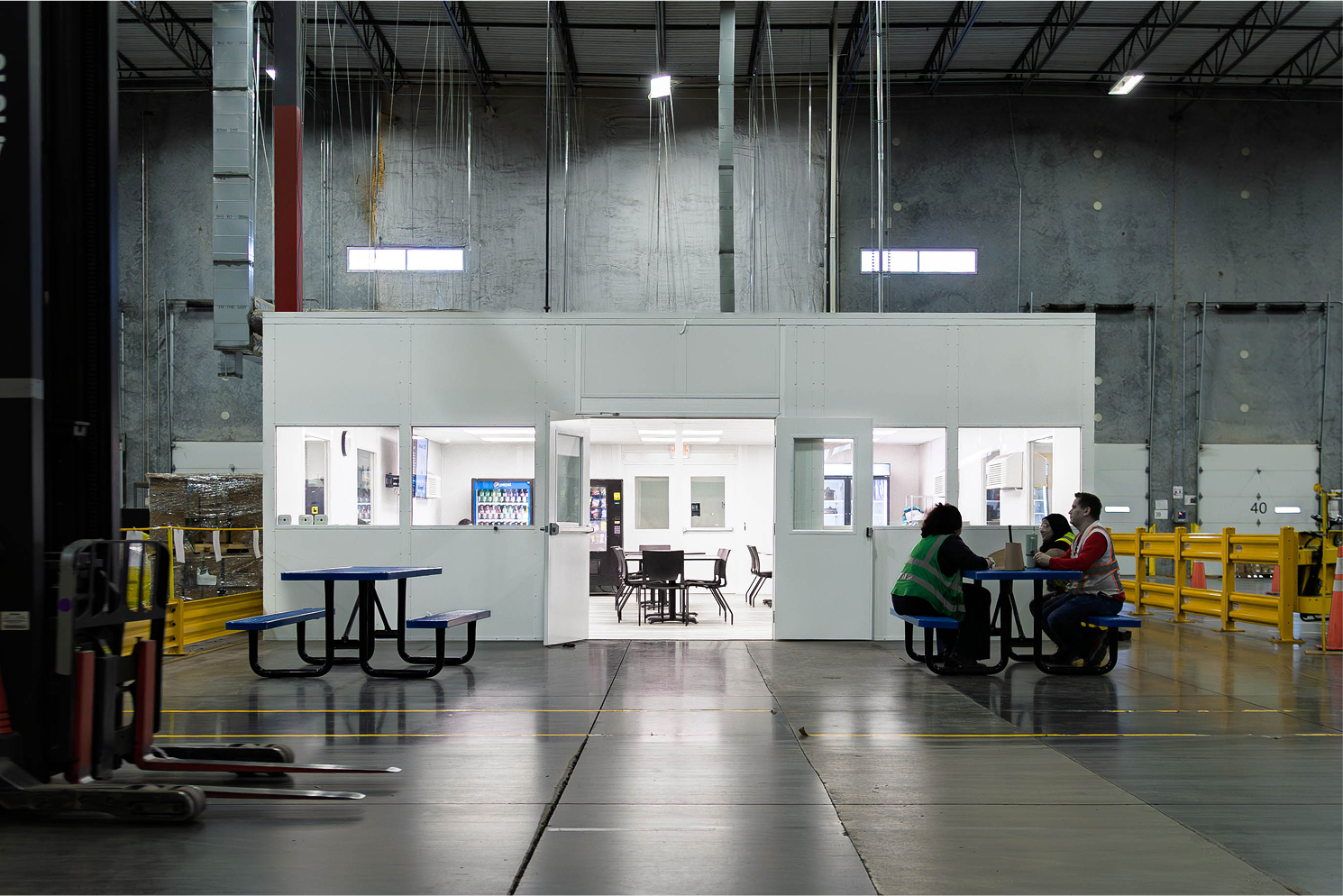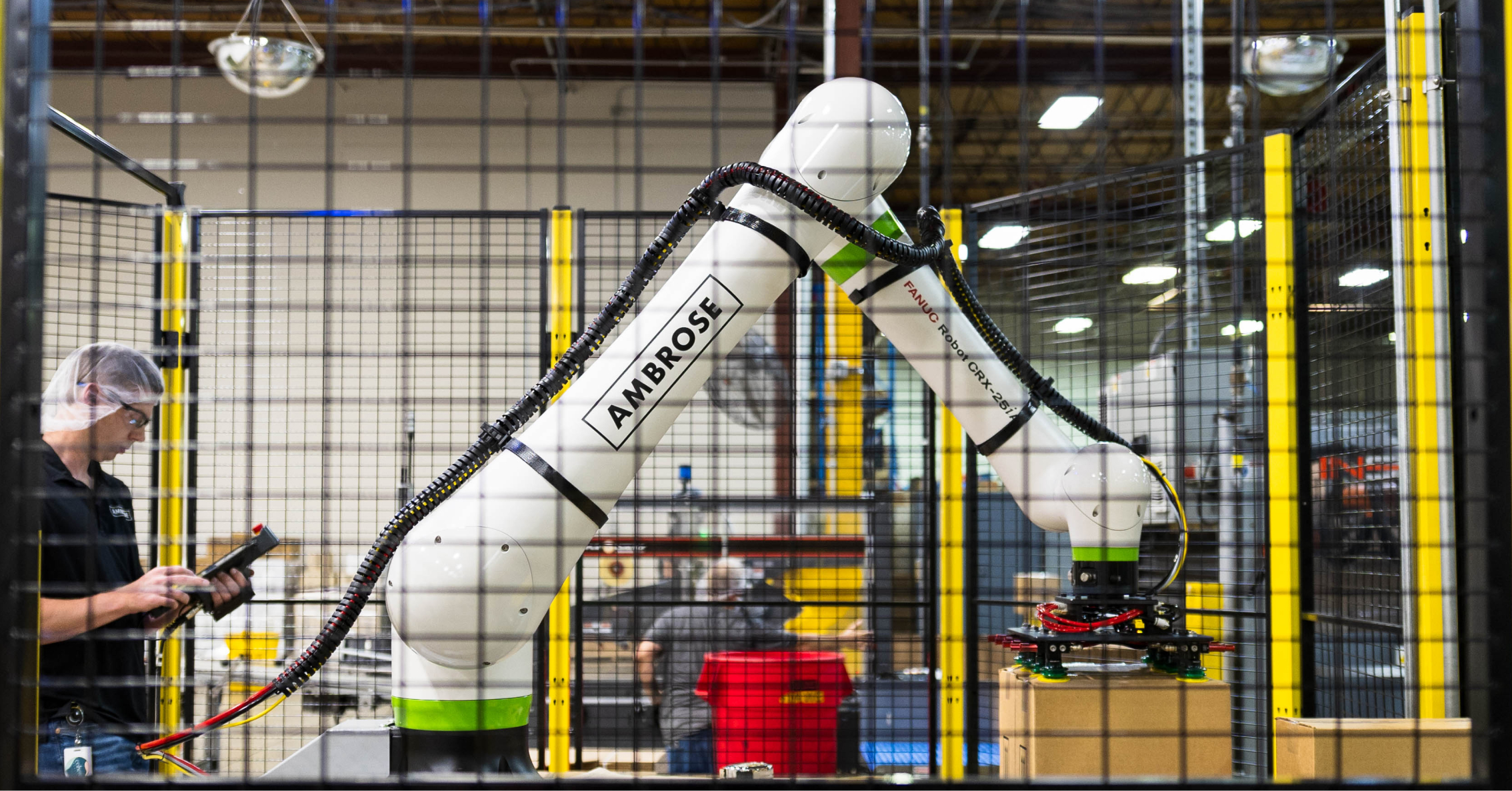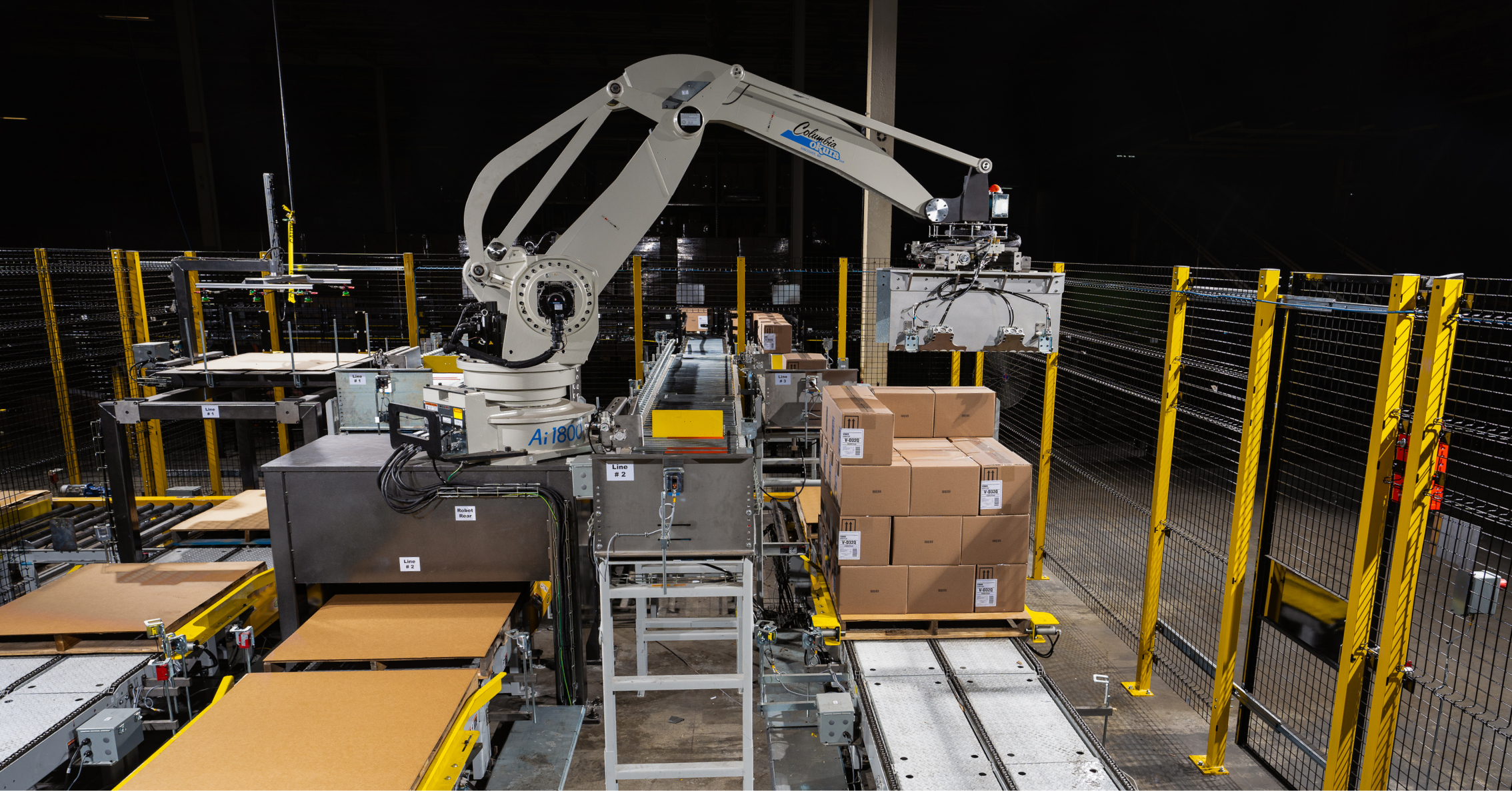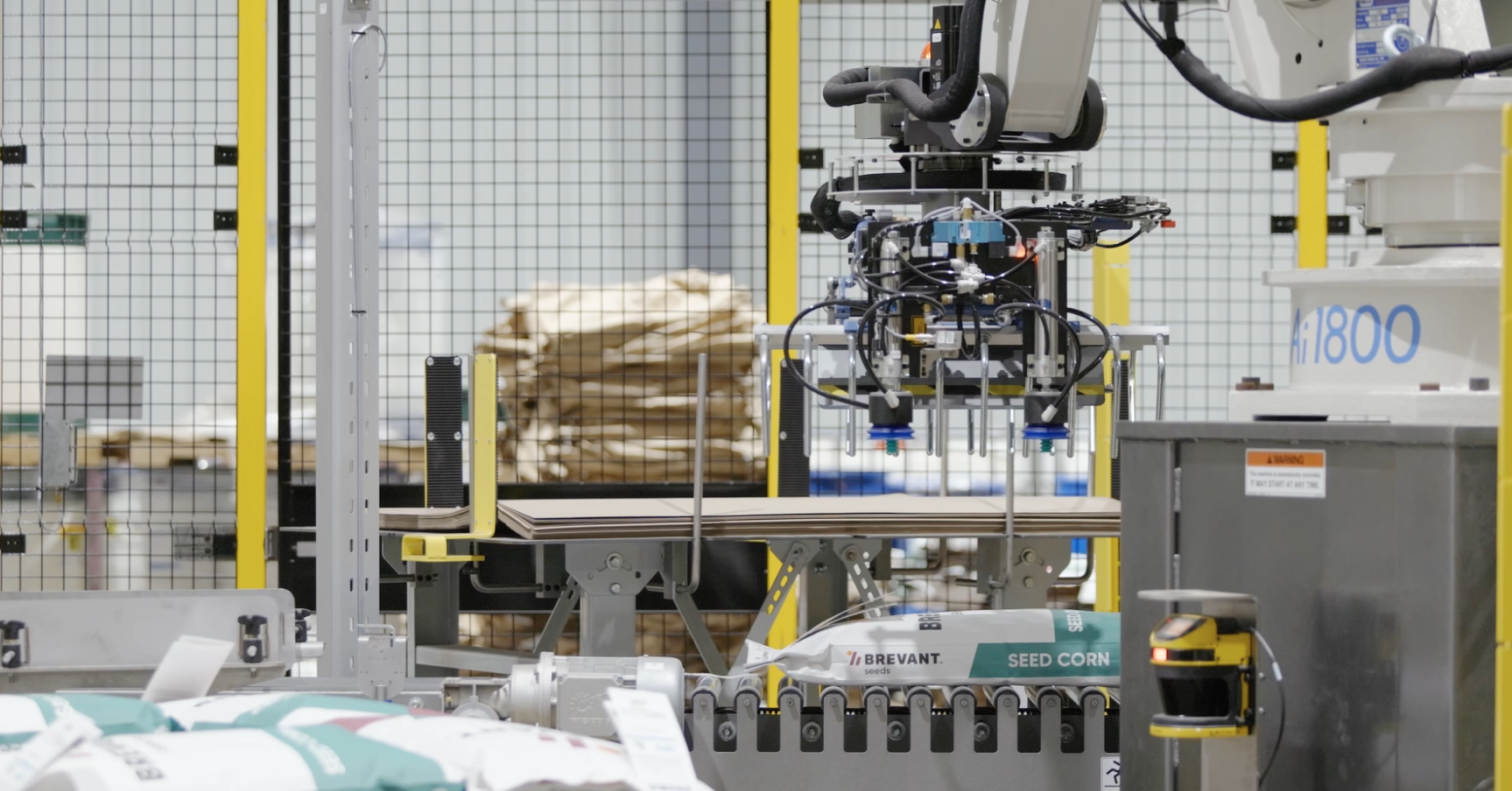Liquid Filling, Kitting, and Packaging System
Integrated Liquid Filling & Packaging Line for Automotive Additives
El Dorado, Kansas
2025
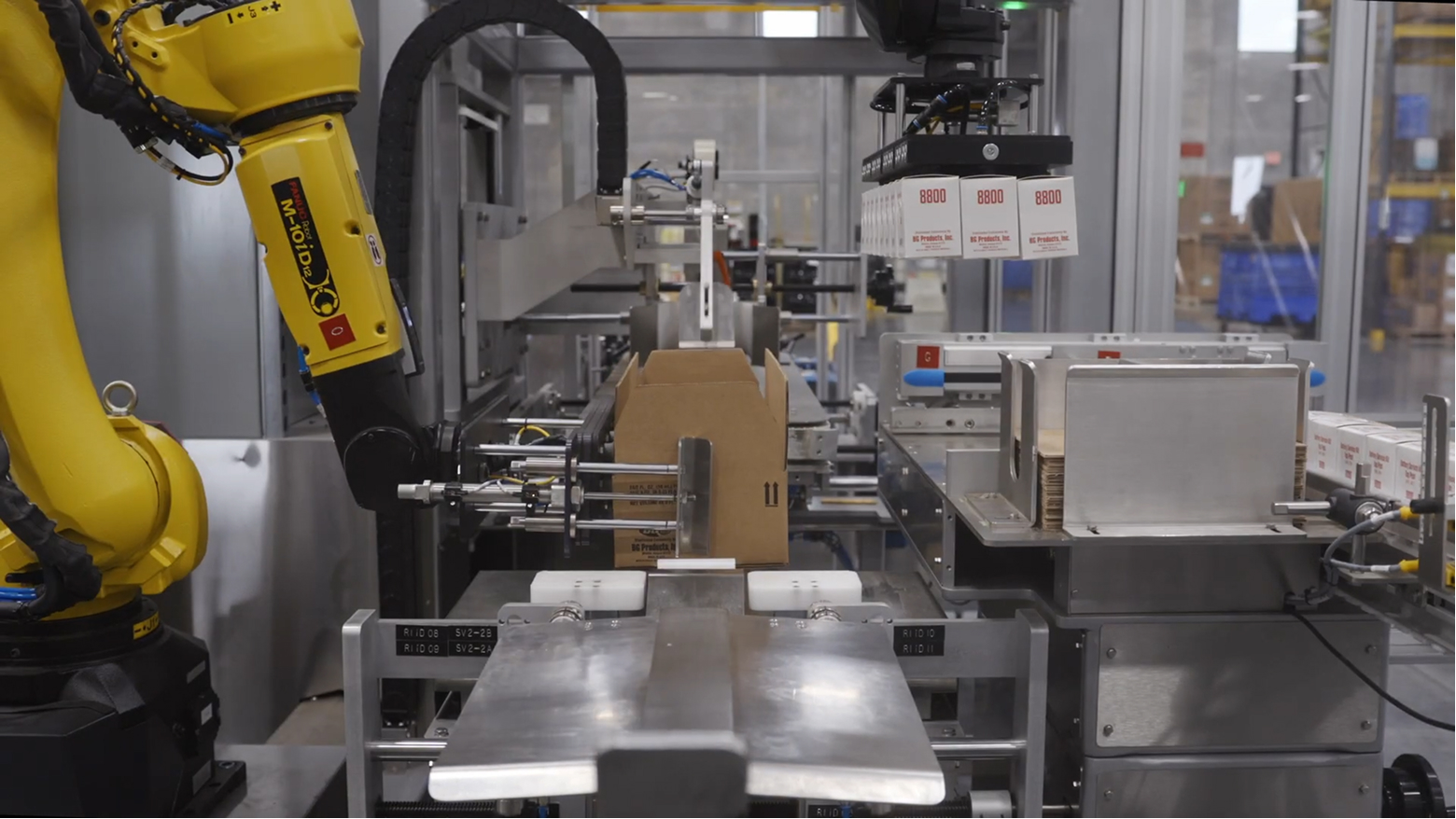
overview
A unified packaging system for two production streams
Equipment Used
Bottle unscrambler
Case Check Weigh
Induction Sealer
Inkjet Marking/Coding (By Customer)
Interlocked Controls Package
Modular Plastic Belt Conveyance
Monoblock Filler, Plugger, & Capper
PLC/HMI Panels
Product Labeling (By Customer)
Robotic Case Packing - Forming, Packing, & Sealing
Robotic Kitting & Cartoning System
Tabletop Conveyance
Tanks & Processing Equipment (By Customer)
X-Ray Level Inspection System
BG Products needed to expand their service-kit and small-bottle production capacity while maintaining strict separation between two distinct product streams—each with its own bottle formats, viscosities, and packaging requirements. With more than 16 SKUs in scope, the challenge was to increase throughput without complicating changeovers or adding redundant equipment, keeping system costs down and ROI strong.
We delivered a tailored system architecture that keeps both streams fully isolated upstream while intelligently converging them into a shared kitting, cartoning, and case-packing platform. The result is a flexible, scalable solution that preserves product segregation, supports long-term growth, and accommodates hazardous-area design requirements tied to specific fluid types.
IMPACT
Key results at a glance
4X Faster Kitting Output
Cycle rates increased from 11 units/min to 50 units/min, significantly boosting throughput. This improvement supports rising demand without additional shifts or duplicate packaging equipment.
Labor Redirected
Automation removed repetitive, manual tasks and allowed BG to reassign three team members to more productive roles. The result is a more efficient operation without eliminating jobs.
Shared Packaging With Full Flexibility
Both product lines feed a single kitting and case-packing system, allowing each line to run independently or in parallel. The design prevents bottlenecks while avoiding the cost of duplicate end-of-line equipment.
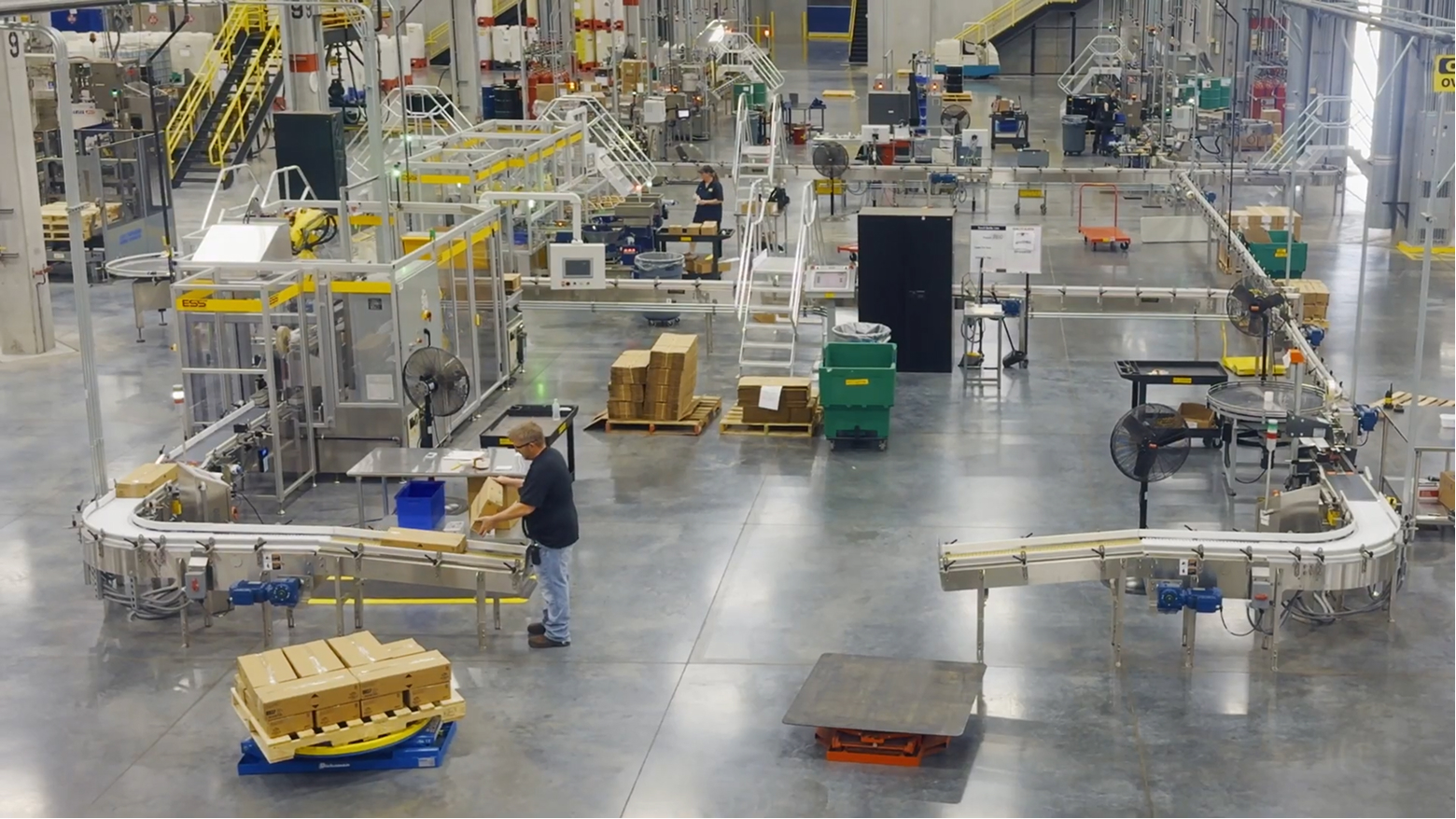
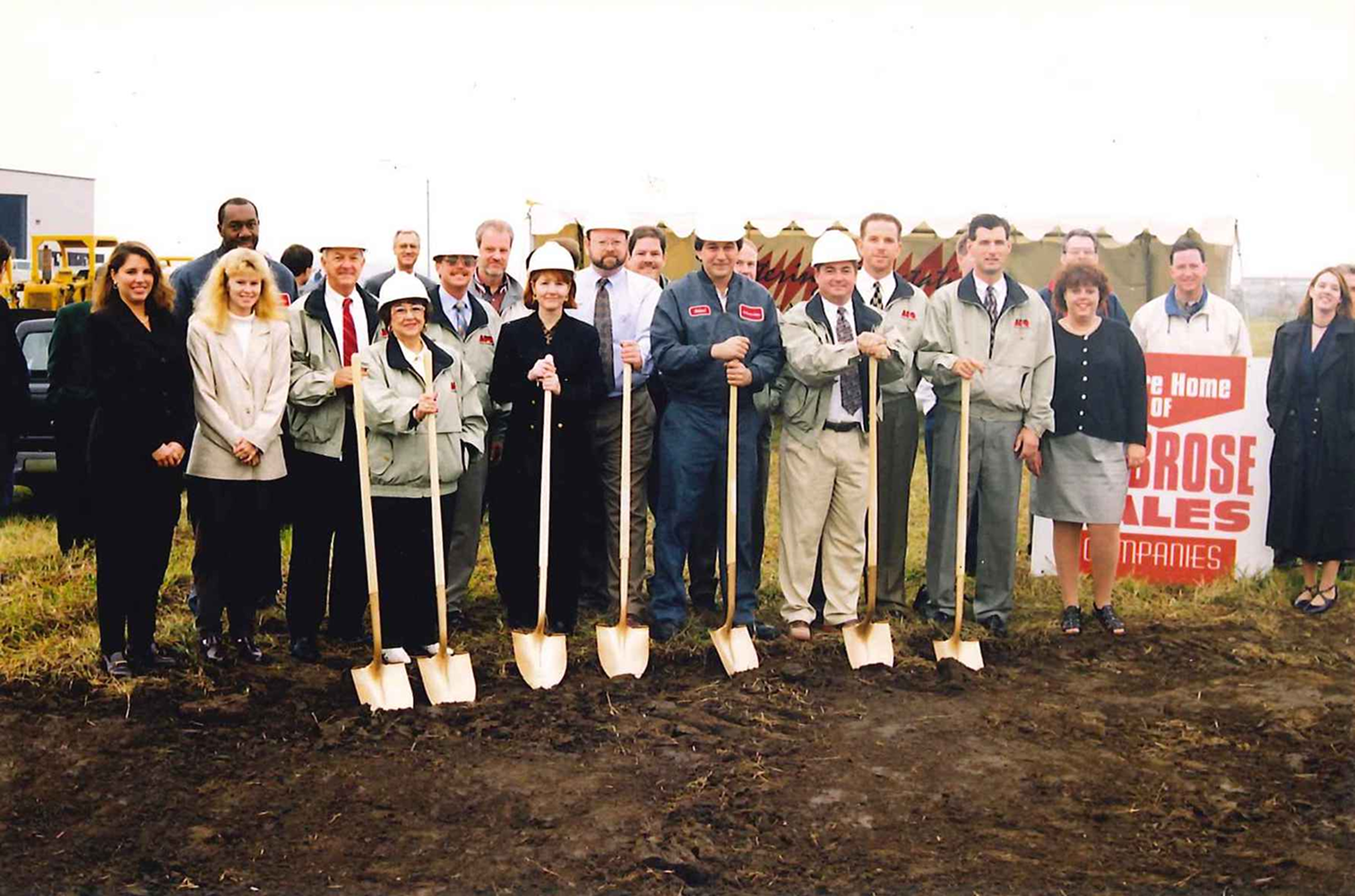

Approach
Balancing performance, flexibility, and cost
We relied on proven filling and packing technologies and directed our engineering effort where it delivered the greatest return: dynamic routing logic, adaptive product pathways, and shared end-of-line cell utilization. Either line - or both simultaneously - can feed the same downstream packaging assets without sacrificing throughput, enabling high operational flexibility without the added cost of duplicate equipment.
Because BG elected to manage mechanical and electrical installation in-house, our contribution focused on system-level engineering, controls architecture, and startup programming/support. This approach helped control project costs while giving BG’s team deeper understanding and ownership of the system.
Equipment variability and OEM lead-time constraints required a blended and highly coordinated execution plan. Working closely with BG and key suppliers, we maintained production continuity throughout commissioning and ensured a smooth, controlled ramp-up to performance targets.
